Is Washing Your Face with Cold Water the Secret to Glowing Skin?



Cortney Clift

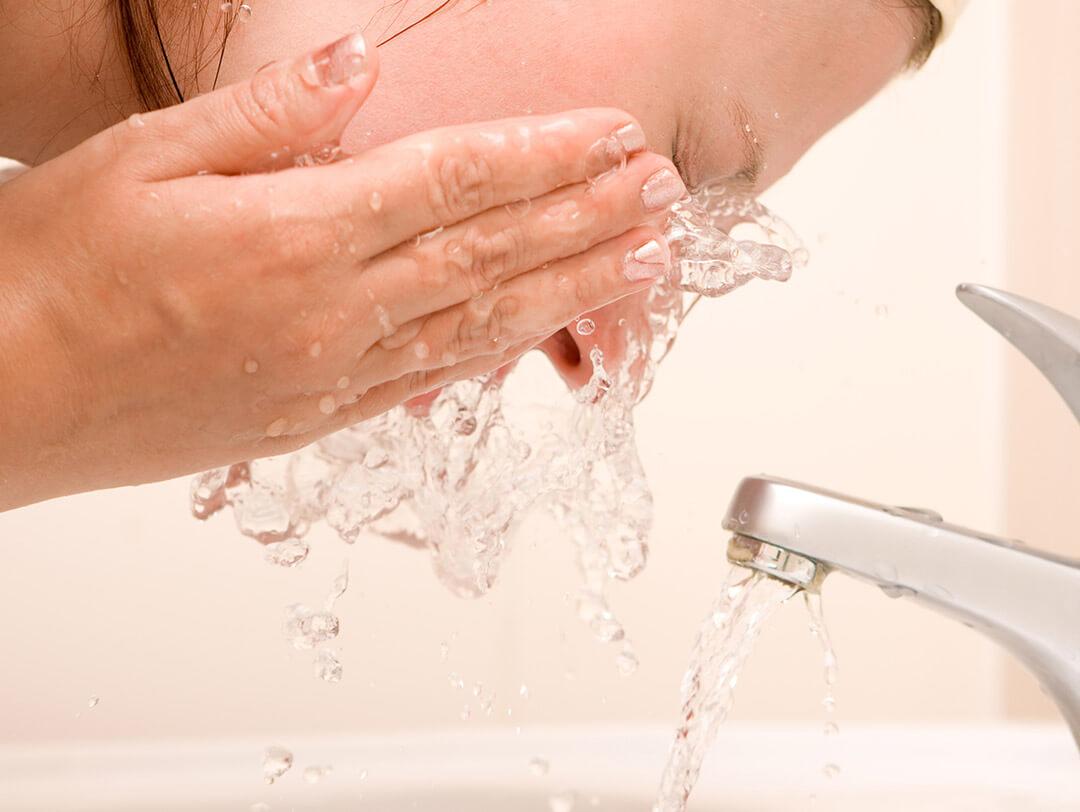
By now, you may have heard about all the touted benefits of cold showers. While this chilly bath ritual may feel like a shock to your system, they're rumored to help increase circulation, reduce skin irritation, and even keep the skin more hydrated. So it only makes sense to ask: Does washing the face with cold water also unlock special benefits?
Before pressing pause on your usual cleansing temp, it's important to note that facial skin is much more sensitive than other areas of skin—and that's why we have special sunscreen for the face and why we put so much effort into building a personalized skincare routine.
If you're curious about whether this method may work for you, continue reading below for everything you need to know. We've even included some expert insight from a board-certified dermatologist.
It's about glam time you treated yourself.
Join IPSY

MEET THE EXPERT
David A. Colbert, M.D., is the founder and head physician of New York Dermatology Group. He is board-certified by the American Academy of Dermatology and board-eligible in Internal Medicine.
How cold water and warm water affect the skin differently
Cold water and warm water have different effects on the pores in the face, a key facial feature that helps to regulate oil, hydration, and blemishes.
Warm water opens pores, while cold water shrinks them. Whether your skin will benefit from one action or the other really depends on your skin type. If you have chronically dry skin, warm or hot water may end up stripping the skin of too much of its natural oils, making it difficult for it to stay hydrated and plump. On the other hand, if you have oily skin, constricting the pores with cold water may help to control excess oil so that your complexion doesn't get quite so shiny so quickly.
Benefits of cold water for skin
Shrinking pores is cold water's primary superpower. Essentially, this water temp can work as a natural astringent (toner), helping pores to look less visible while also locking in your skin's natural oils.
Board-certified dermatologist David Colbert, MD, explains that splashing the skin with cold water "can also cause the small blood vessels to constrict." This results in another notable benefit of this water temp: a reduction in puffiness, which tends to be a morning skincare woe for many. However, Colbert adds that the blood vessels often dilate again soon after, so these depuffing effects may not be very long-lasting.
Finally, cold water may also improve blood circulation, helping the skin to "wake up" and giving it a healthy glow. This improved blood flow may help to also reduce the appearance of fine lines and wrinkles.
Drawbacks of cold water for skin
Here's the thing: If you have dirt and debris trapped in your pores (it happens to all of us), cold water's ability to shrink the pores may actually make it more difficult for your cleanser to get in there to wash all that gunk away. In time, using cold water exclusively may result in an increase in breakouts and pimples, especially if you already have acne-prone skin.
Dr. Colbert explains that for those with sensitive skin or certain skin conditions like rosacea, icy cold water could also cause a mild flare-up.
He adds, "While cold water is refreshing, it is much lower than our normal skin temperature." Remember, a great skincare routine is designed to work with your natural skin. Closely mimicking the natural ways of the body will often provide the best results.
What is the ideal water temperature to wash your face with?
Despite all the hype around cold water, Dr. Colbert doesn't suggest turning every face washing session into a polar plunge. "Room temperature or slightly warm is ideal because it doesn’t upset the normal physiology of the skin," he says.
While most of your taps probably don't have a temperature gauge, "room temp" is officially somewhere between 68–72 °F.
It's also important to note that most face wash formulas are actually formulated with this water temperature in mind, so pairing it with lukewarm water is likely how you'll see the best results.
If you still want to test out the benefits of cold water in some capacity, you might consider trying this: Cleanse the skin with your go-to cleanser and lukewarm water first to thoroughly wash away all traces of makeup, dirt, and daily grime. Then, once the skin is clean, finish with a splash of cold water to potentially bring about some of the benefits associated with this water temp.
Want to discover all the best skincare products for your skin type? Take our Beauty Quiz now to get started. Already an Ipster? Refer your friends to earn points, which you can use toward products. Either way, don’t forget to check us out on Instagram and Twitter @IPSY.
Like this article? Share it with your friends by clicking the icons below!
Liked this post? Share!
Related Stories

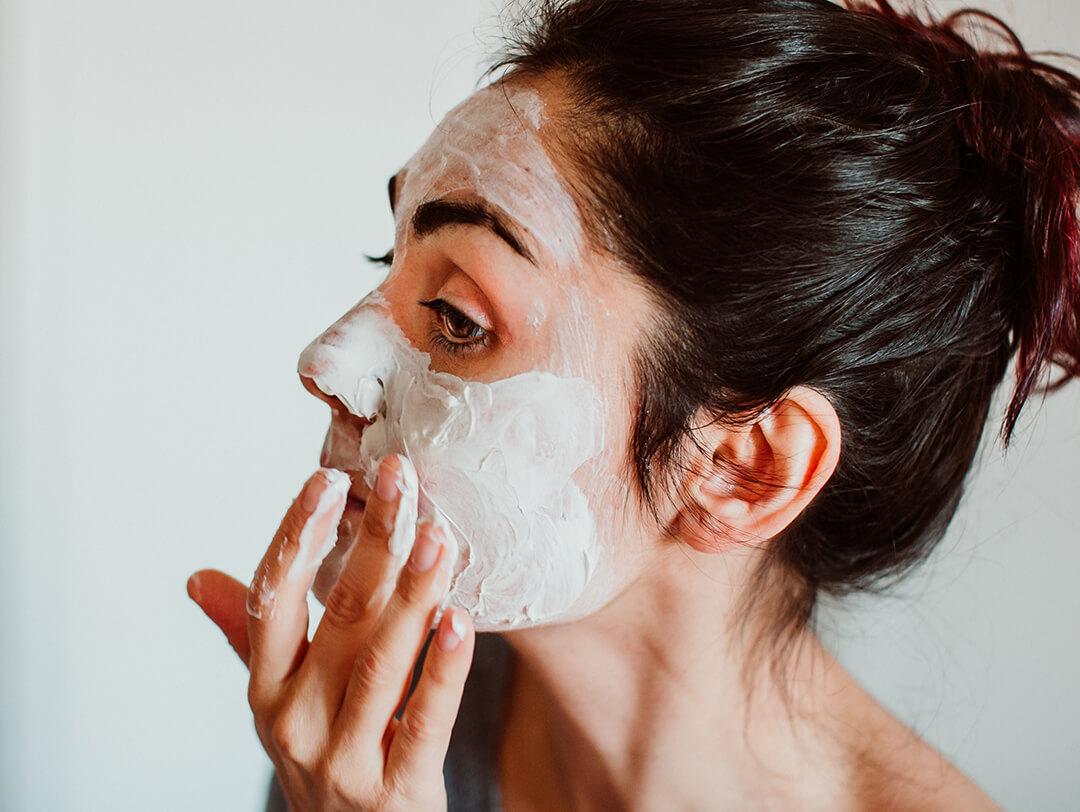
Skin
22 Amazing Vegan Skincare Brands You Have To Try
Published on Nov 2, 2021


Skin
Who Needs a Pro Spa Day? These Tips Will Help You Create the Ultimate DIY Home Spa
Published on Sep 17, 2021
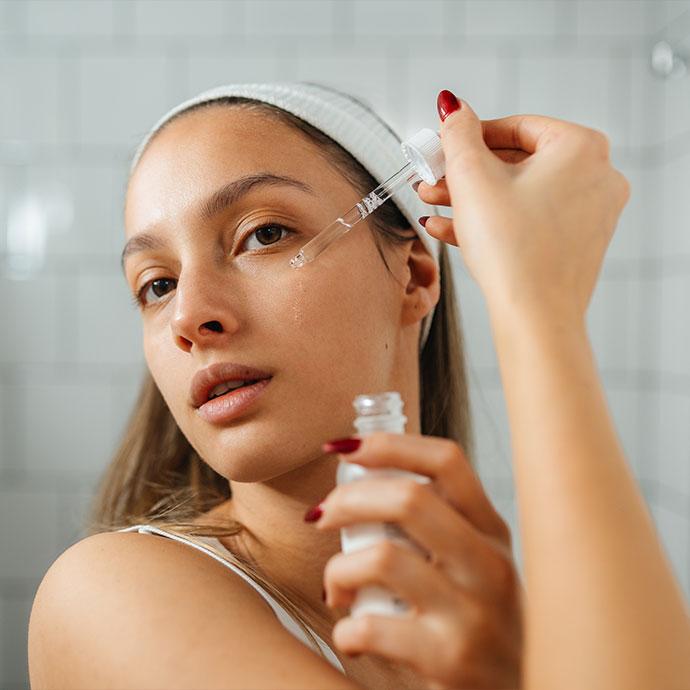
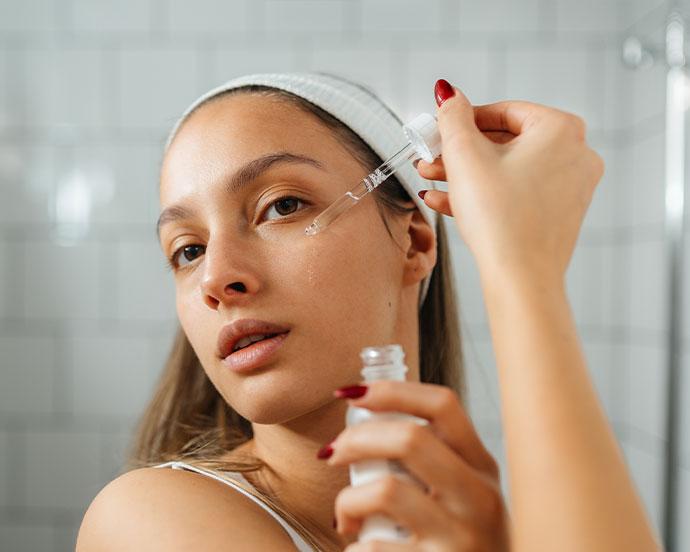
Skin
Rebound Hydration Is the Skin Reset Your Barrier’s Been Asking For
Published on Jan 28, 2026 • 3 min read
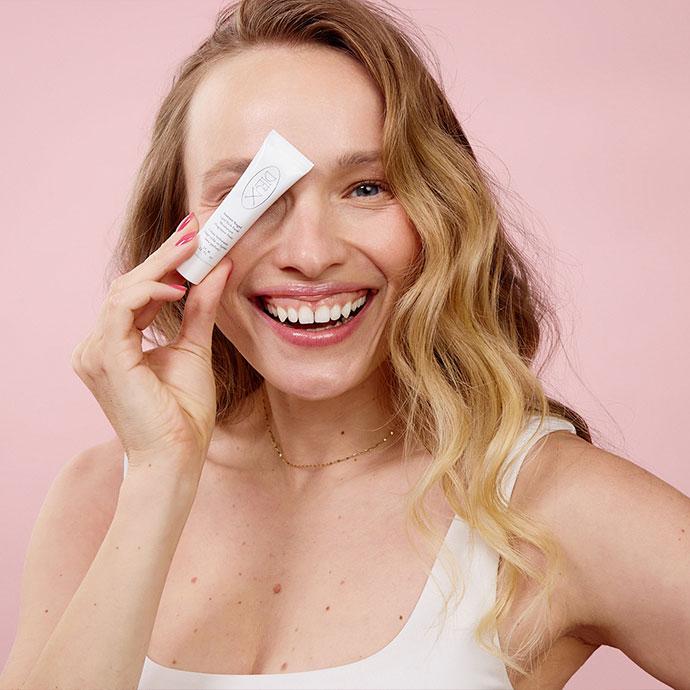
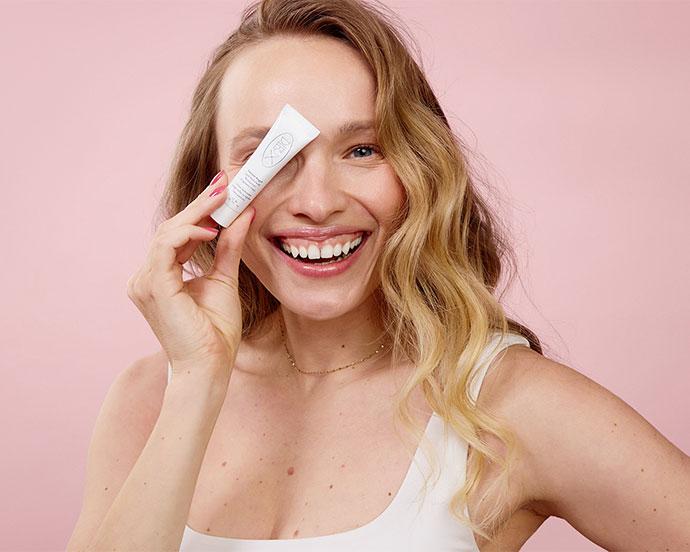
Skin
The No-BS Skincare Movement Starts With DIEUX SKIN
Published on Jan 27, 2026 • 4 min read
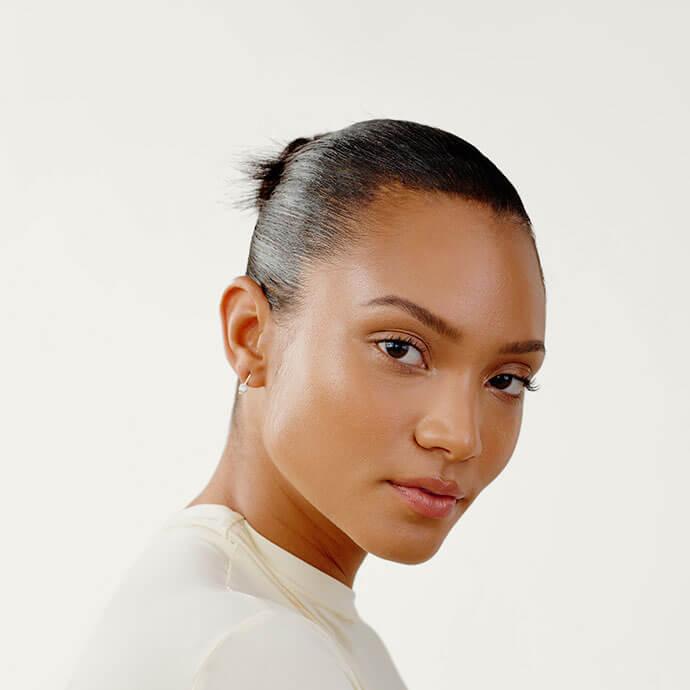
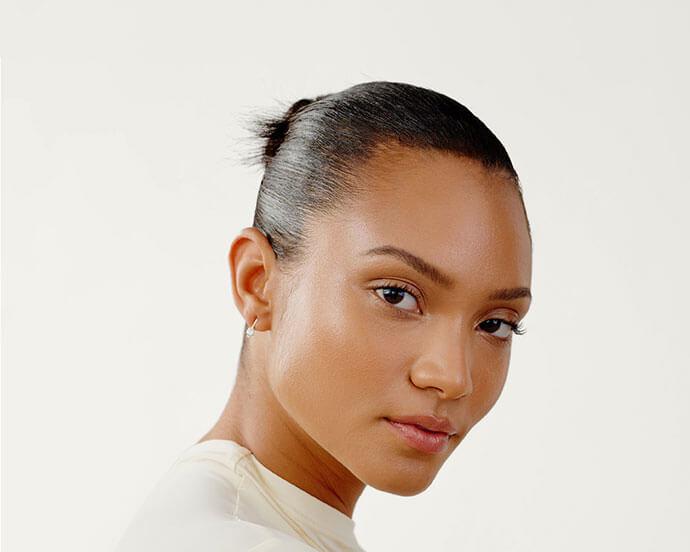
Skin
Skinimalism Is the Ultimate Stripped-Back Skincare Trend
Published on Jan 22, 2026 • 6 min read


Skin
Spring Is Coming—Is Your Skincare Ready?
Published on Jan 15, 2026 • 4 min read
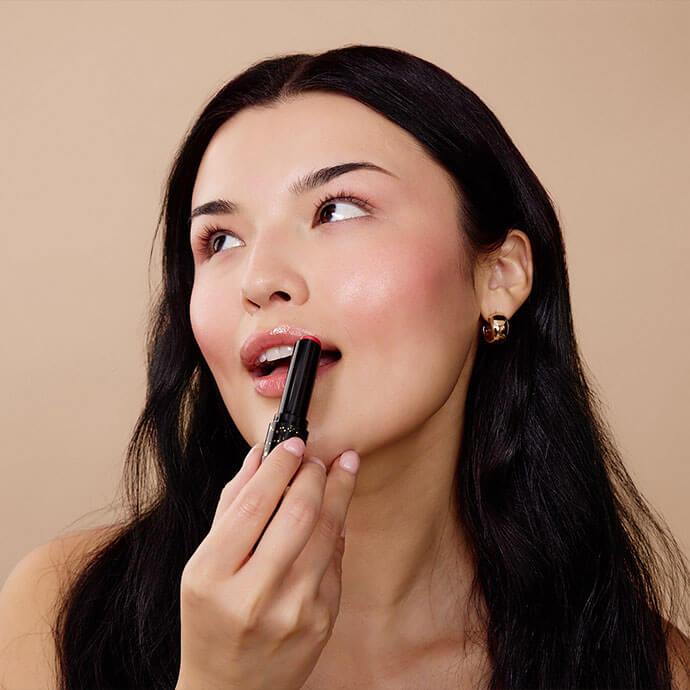
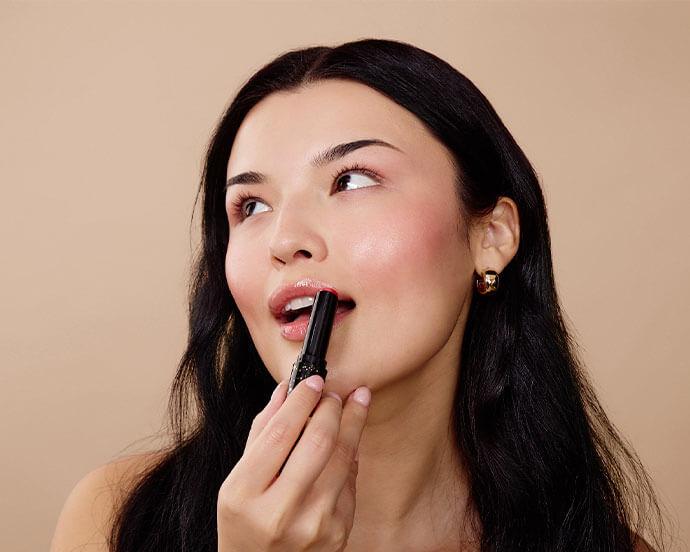
Skin
The Hydration Sandwich Trend Will Save Your Dry Lips This Winter
Published on Jan 13, 2026 • 4 min read


Skin
What Is the Skin Barrier & Why Is Everyone Talking About It?
Published on Jan 12, 2026 • 6 min read


Beauty Picked Just for You
Get 5 products worth up to $70
Plus exclusive access to epic deals up to 80% off
Starting at just $14/month. Cancel anytime.